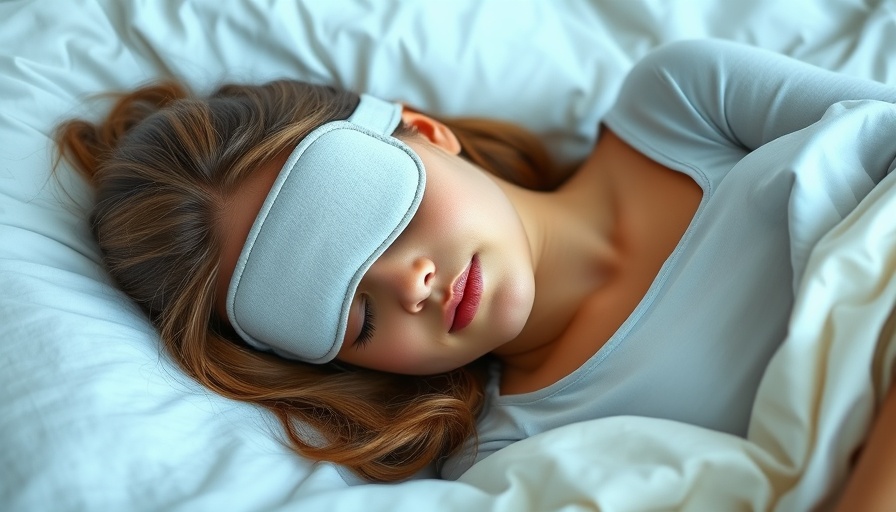
A Traveler's Guide to Sleep: Mastering Rest While Exploring the World
Traveling tends to be synonymous with adventure and new experiences, yet it can also feel exhausting. Jet lag, unfamiliar beds, and bustling schedules may all contribute to disrupted sleep patterns, leaving travelers feeling exhausted before they can even embark on their journey. Understanding how to improve your sleep while traveling is crucial for fully enjoying your time away from home.
Why Sleep is Essential for Travelers
Quality sleep serves as a foundation for a positive travel experience. When well-rested, travelers can seamlessly engage in their itineraries—from exploring vibrant cultural locales to enjoying local cuisine. Conversely, sleep deprivation can lead to irritability and decreased energy levels, which can diminish the joy of your adventures.
Sleep Disruptions that Travelers Face
According to the Sleep Foundation, common barriers to sleep while traveling include:
- Jet lag due to crossing time zones, which can disrupt our circadian rhythms.
- Travel fatigue stemming from prolonged physical and mental stress during journeys.
- Adjustments to new and unfamiliar sleeping environments, often marked by uncomfortable beds and outside noises.
Practical Tips for Better Sleep on the Go
To promote effective rest while traveling, consider these key strategies:
1. Adjust Your Sleep Schedule Pre-Travel
One of the most effective ways to combat jet lag is to shift your sleep schedule a few days before departure. Gradually adjusting your bedtime to sync with your destination’s time can ease your transition.
2. Strategic Napping
If you find yourself needing a nap, be strategic about it. Limit naps to about 20-30 minutes to avoid interfering with your nighttime sleep. Use naps to recharge, especially on long travel days.
3. Optimize Your Sleep Environment
When booking accommodations, opt for options that prioritize comfort. Look for hotels that have excellent sound insulation, comfortable bedding, and other amenities like blackout curtains. These factors can significantly contribute to better sleep quality.
4. Utilize Sleep Accessories
Bringing along sleep essentials can make a world of difference. Consider packing items like a travel pillow, noise-canceling headphones, or a sleep mask. These tools can help create a conducive sleep environment even in less-than-ideal conditions.
5. Maintain Healthy Habits While Traveling
Establishing a routine for diet and exercise can bolster your overall well-being. Opt for nutritious meals consisting of plenty of fruits and vegetables. Also, ensure adequate hydration, especially during long flights, to combat fatigue and promote restful sleep.
Overcoming Jet Lag: Your Battle Plan
To counteract the effects of jet lag, exposure to natural light is essential. After arriving at your destination, try to spend time outdoors as your body adjusts to the new time zone. Supplementing this with short bursts of physical activity can further aid your transition.
6. Mindful Caffeine and Alcohol Consumption
While caffeine is often a go-to for beating fatigue, it can hinder your sleep if consumed too late in the day. Similarly, excessive alcohol can disrupt sleep cycles and should be limited in the hours leading up to bedtime.
Conclusion: Making Sleep a Travel Priority
In summary, restful sleep is not merely a luxury when traveling—it's essential for success on your journey. From implementing strategies to combat jet lag and optimizing your accommodations to prioritizing self-care, these tips can enhance your overall travel experience. So whether journeying through South Africa’s breathtaking landscapes or exploring the urban wonders of Cape Town and Johannesburg, remember that well-earned rest will elevate your adventure.
Begin planning your dream South African vacation today with the best travel itineraries and accommodations that suit your needs. For more travel tips and insights on South Africa’s rich cultural experiences, culinary delights, and sightseeing hot spots, visit our website!
 Add Row
Add Row  Add
Add 




Write A Comment